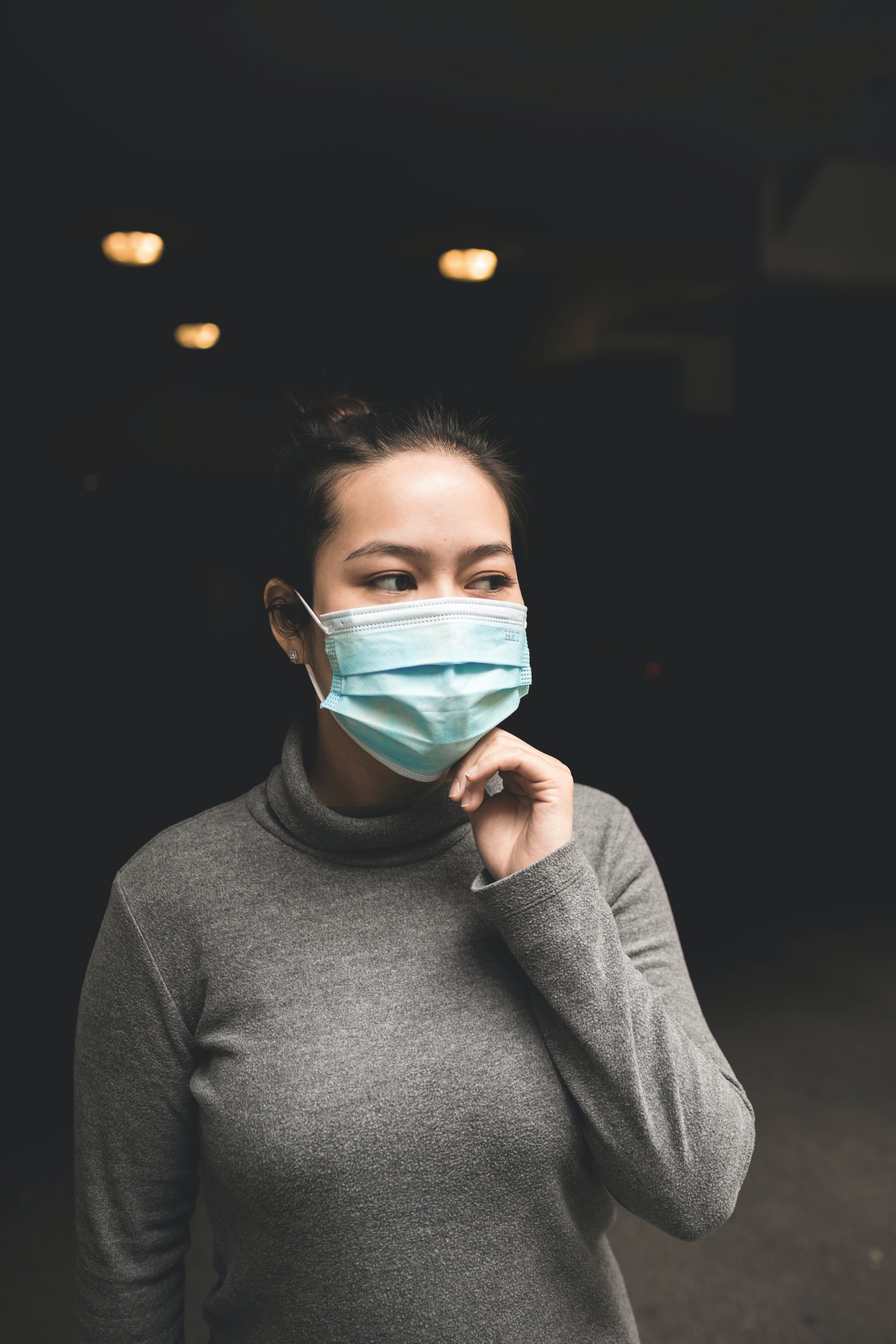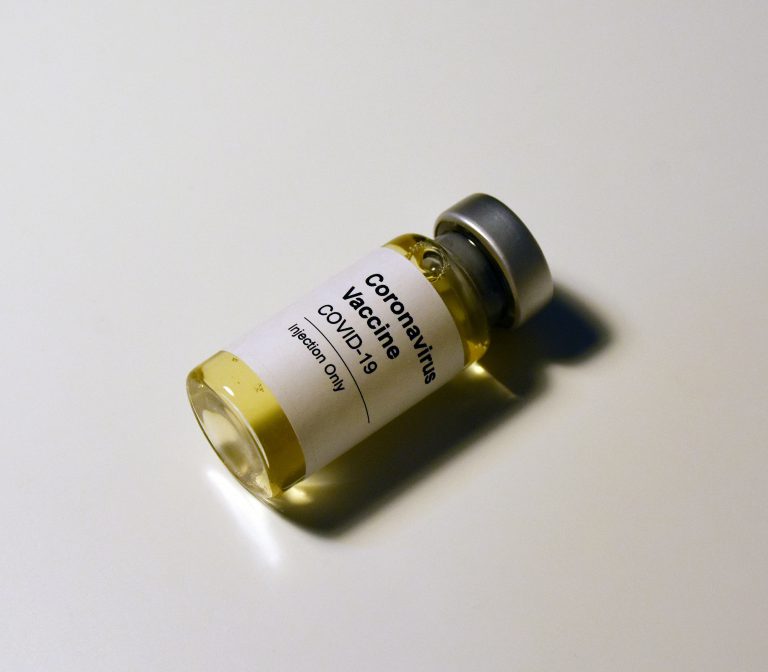The primary ways in which the COVID-19 virus gets passed from one individual to another are through respiratory droplets and physical contact with an infected person. As such, preventing transmission often relies on minimizing exposure. For those working in non-medical settings, gloves and personal protective equipment are not available, as specialized items like these should be reserved for healthcare professionals fighting the virus.
However, protecting oneself, especially when outdoors or on errands, should still be a priority for non-medical personnel. Due to this, some people have taken to making face masks. They turn to the internet for mask patterns and sew these out of scrap cloth. While interim solutions like these are appreciated by healthcare experts, individuals should note the actual efficacy of these types of masks.
Masks Alone Do Not Prevent Transmission
The World Health Organization says that masks should be worn only under certain conditions. Mask-wearing in public should only be for people who are ill, or for those who are caring for people with COVID-19. According to these sources, the use of masks alone does not prevent the spread of the virus. People who wear masks should also know how to fit these properly onto their faces, and combine mask use with frequent hand-washing or cleaning with 70 percent rubbing alcohol.
The Centers for Disease Control and Prevention supports this data. According to the CDC, cloth face masks can be an option for when social distancing cannot be strictly maintained, like in groceries and pharmacies. They recommend face masks especially for areas that have significant community-based transmission. The use of masks also protects the community from transmission through asymptomatic or pre-symptomatic individuals.
Medical masks, on the whole, should be for healthcare workers or those directly affected by the disease. Those caring for symptomatic persons at home should only wear medical masks when in the same room as the infected person. Symptomatic people visiting a healthcare facility should likewise wear a medical mask, to protect people who are waiting in the same area. For the rest of the population, homemade face masks should be enough.
The Construction of the Mask Matters
Not all cloth face masks work the same way. In a study published by Disaster Medicine and Public Health Preparedness, researchers examined the capacity of different materials to filter aerosols containing microorganisms. They wanted to know which everyday items could be modified to make face masks for people who are not in a medical setting but would want to slow down the spread of a pandemic.
They found that cloth and other materials found at home can be suitable for modification into face masks. Among the most effective for filtration are 100 percent cotton, cotton blended fabric, vacuum cleaner bags, and tea towel fabric. These materials range from 74 to 96 percent in filtration efficiency. However, some are less breathable than others—the vacuum cleaner bags, in particular, make it hard for people to breathe. The researchers also tried layering fabrics, to increase the filtration rate while keeping the mask breathable, and found that there are comparable results ranging from 62 to 96 percent effectiveness.
Conclusion
Simply put, the use of face masks is not enough to prevent the spread of coronavirus. The best way to keep individuals safe is through a combination of habits. For people who need to go outside, social distancing, frequent hand washing, and face masks will be effective measures to help stop COVID-19.
For more news on public health, visit Dose of Healthcare today.
















